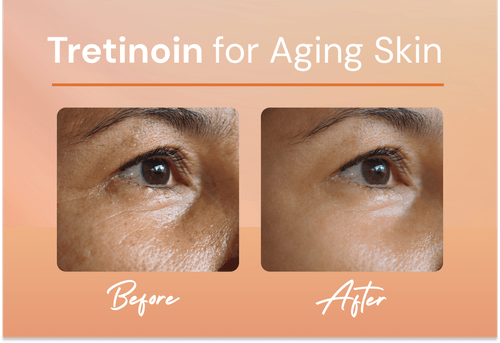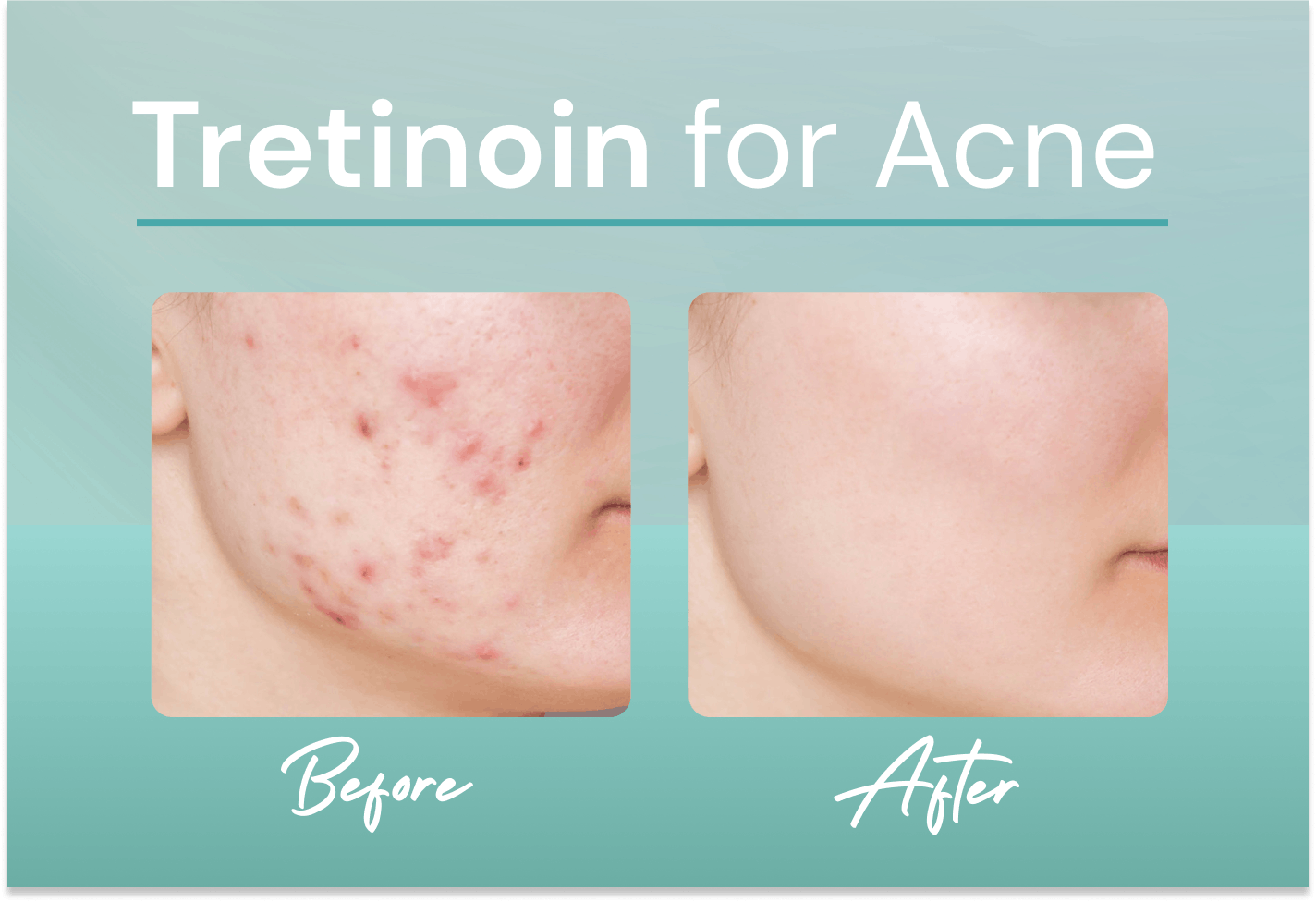As the saying goes, "you are what you eat"...but while diet and health may go hand-in-hand, could the food you’re consuming be contributing specifically to skin issues? The answer’s yes, according to Cortina founder and CEO Dr. Reid Maclellan. “While it’s important to protect your skin from outside influences like ultraviolet rays, pollutants, and chemicals, it’s also important to fuel your body with foods that positively affect your skin,” he says.
Whether you’re wondering how to get rid of redness on the face or say goodbye to acne, an anti-inflammatory diet plan could have a positive impact.
How does food affect my skin?
It all comes down to the microbial culture in our gut. Certain food can disrupt the balance, causing dysbiosis, a condition commonly found among patients suffering inflammatory skin diseases. “There is a clear link between skin inflammation and changes in the gut microbiome due to food intake,” UC Davis professor and chair of dermatology Dr. Sam T. Hwang concluded in a 2021 study into psoriasis.
So, what should I avoid?
Dr. Maclellan advises staying away from sugary and processed foods, which can cause excess inflammation of the skin.
This was evident in the research by board-certified dermatologist Hwang and his team, who put mice on a diet high in fat and sugar for six weeks and saw the bacterial balance of their guts “disrupted,” which worsened psoriasis. They then switched half the mice to a balanced diet for four weeks and saw partial reversal of symptoms. “Despite having powerful anti-inflammatory drugs for the skin condition, our study indicates that simple changes in diet may also have significant effects on psoriasis,” Dr. Hwang wrote.
As for perioral dermatitis, food containing propyl gallate (an additive found in crisps, gum and cake mixes) has been linked with the condition.
When it comes to acne, eliminating processed, dairy and high-glycemic may be helpful. A NutriNet-Santé study showed a “striking correlation” between acne severity and sugar intake, while cow’s milk has also been suggested has trigger. Supplements including Vitamin B6, B12, iodine and whey protein could also trigger outbreaks and worsen existing acne according to a study published by Dermatology Online Journal.
For those who like their meals with a kick, the question may be, “Is spicy food good for you?” however spicy dishes, as well as alcohol, have been found to be rosacea triggers.
What should I add to my diet?
“Add more whole foods – meaning foods that have not been overly-processed and have no excessive additives,” advises Dr. Dr. Maclellan, who is also Adjunct Faculty at Harvard Medical School and director of Proactive Dermatology Group.
He adds that fruit, vegetables and healthy fats (found in avocados, fish and nuts) are vital for a healthier skin complexion and may also prove effective in any anti-inflammatory diet plan.
Fish oil has been shown to help acne suffers, while probiotics (found in fermented food like yoghurt, kimchi and sauerkraut) are also recommended.
Other food recommended in an anti-inflammatory diet include legumes, nut butters and chia seeds.
References
UC Davis Health / Dr. Sam T. Hwang. Short-Term Western Diet Intake Promotes IL-23‒Mediated Skin and Joint Inflammation Accompanied by Changes to the Gut Microbiota in Mice.
Journal of Investigative Dermatology. Retrieved from: https://health.ucdavis.edu/news/headlines/switching-from-western-diet-to-a-balanced-diet-may-reduce-skin-joint-inflammation/2021/06
Yue Yu and Pamela L. Scheinman. Lip and Perioral Dermatitis Caused by Propyl Gallate.
Dermatitis, Vol 21, No 2 (March/April, 2010). Retrieved from: https://journals.lww.com/dermatitis/Citation/2010/03000/Lip_and_Perioral_Dermatitis_Caused_by_Propyl.10.aspx
R. Dai, W. Hua, W. Chen, L. Xiong and L. Li. The effect of milk consumption on acne: a meta-analysis of observational studies.
Journal of the European Academy of Dermatology and Venereology. Retrieved from:
https://pubmed.ncbi.nlm.nih.gov/30079512/
NutriNet Santé. Association Between Adult Acne and Dietary Behaviors.
Retrieved from: https://jamanetwork.com/journals/jamadermatology/fullarticle/2767075
Dina H Zamil, Ariadna Perez-Sanchez and Rajani Katta. Acne related to dietary supplements. Dermatology Online Journal, Vol 26, Number 8 (August 2020). Retrieved from: https://escholarship.org/uc/item/9rp7t2p2
Jae Yoon Jung, Hyuck Hoon Kwon, Jong Soo Hong, Ji Young Yoon, Mi Sun Park, Mi Young Jang and Dae Hun Suh. Effect of Dietary Supplementation with Omega-3 Fatty Acid and Gamma-linolenic Acid on Acne Vulgaris: A Randomised, Double-blind, Controlled Trial. Acta Derm Venereol, 2014; 94. Retrieved from:
https://www.medicaljournals.se/acta/content_files/files/pdf/94/5/4112.pdf



